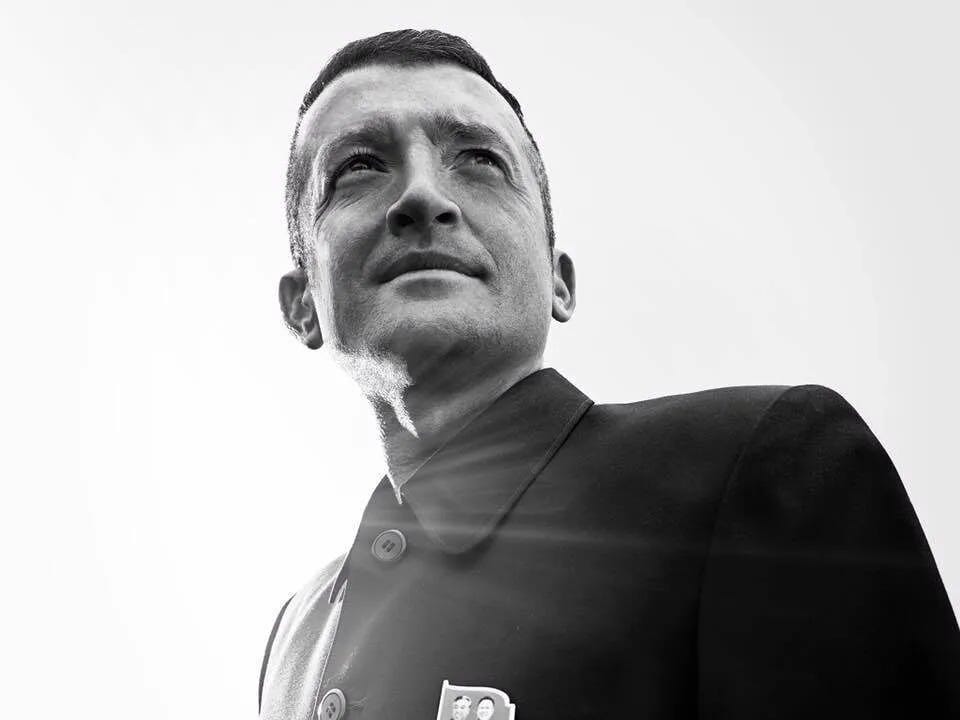In the last decade, Michael Malice has established himself as one of the most entertaining, incisive political commentators of his generation. Before rising to fame on the political fringe, his life story was told by graphic novelist Harvey Pekar in the 2006 cult hit Ego & Hubris: The Michael Malice Story. Soon after, he began ghostwriting celebrity books, publishing his first solo work in 2014 - Dear Reader: The Unauthorized Autobiography of Kim Jong Il. Since then, he has released two more: The New Right: a Journey to the Fringe of American Politics (2019) and The White Pill: A Tale of Good and Evil. Today, he hosts the tremendous “YOUR WELCOME” podcast. Michael has also appeared on TRIGGERnometry three times previously.
So why did we have him back?
As well as being a troublemaker, Michael is a blistering critic of authoritarianism. This time, we invited him on to dissect the key figures of the Soviet Union, Lenin and Stalin, as well as why their image has been rehabilitated (by some) in the decades since, and why we must never forget the extent of their evil.
What did we learn?
”There’s a hypothesis that ‘good Lenin, bad Stalin’, and it’s completely ahistorical.”
Even in leftist circles, you don’t have to look far for critics of Stalin - his track record of monstrous violence and unprecedented oppression speaks for itself. But, for some reason, Lenin doesn’t suffer the same forensic analysis. Often, he is depicted as some sort of troubled folk hero of the Marxist cause - he made mistakes, but his heart was in the right place. Michael rejects this claim, and he makes his case unflinchingly. This was no peaceful advocacy - Lenin expanded the totalitarian controls of the czar and did all in his power to ensure the old guard was gone for good.
”When you’re in the middle, madness and innovation are equidistant. This was the worker’s revolution … and you don’t have a revolution with flowers. It was class warfare, and when they said ‘war’, they meant ‘war.’ Everything is taken from everybody for the sake of the greater good. They were starting society from the ground up.”
In this case, ‘from the ground up’ really meant ‘from the ground up.’ “If Grandma liked it, we’re against it.” The revolution under Lenin called into question even the most fundamental aspects of human behaviour: privacy, autonomy, and the family.
If it wouldn’t come naturally, it would be done by force. Washrooms were made universally communal, all meals were eaten together, and children were taken from parents to combat ‘inequality’ in upbringing. The young were encouraged to turn in their politically undesirable parents, unwittingly separating them, often permanently. Teachers would say to their students that the honourable right thing to do was to rat on your dissident parents, no matter how minor their infringement - even if it cost the child their life.
So how did Lenin curry so much public favour? We look back and recoil at his actions, but were they even popular at the time? If so, how?





